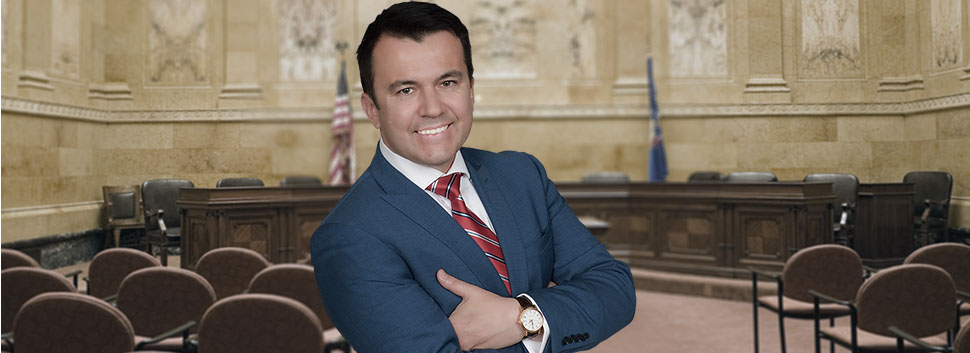Why Financiers and Distributors Insist on a Certificate of Clearance
Financiers and distributors are pivotal in transforming screenplays into cinematic realities. However, their support comes with a caveat: a strict adherence to legal assurances. Without a certificate of clearance, these entities fear the legal repercussions of copyright infringement, which can lead to costly lawsuits and project derailments. Hence, they typically refrain from financing projects lacking this essential document.
What is a Certificate of Clearance?
A Certificate of Clearance for a screenplay is a legal document that certifies that all the intellectual property (IP) elements within the screenplay have been properly authorized for use. This document is crucial in the filmmaking process, particularly when seeking financing and distribution. Here’s a breakdown of its key aspects:
- Intellectual Property Review: The screenplay is thoroughly reviewed to identify any IP elements, such as character names, dialogues, plots, settings, and references to existing works (like books, songs, movies, etc.). This review also includes checking for any copyrighted or trademarked material within the script.
- Legal Clearance: Once potential IP elements are identified, they must be cleared legally. This means obtaining the necessary permissions or licenses to use any copyrighted or trademarked material. The process involves negotiating with rights holders, which can range from individuals to large corporations, and obtaining written permission or licenses.
- Certification: After all necessary permissions are secured and any potential IP issues are resolved, a Certificate of Clearance is issued. This certificate serves as proof that the screenplay does not infringe upon the rights of any third party and is legally safe to be used in a film production.
- Importance in Film Production: This certificate is particularly important for securing financing and distribution for a film. Financiers and distributors are wary of legal risks associated with IP infringement. The Certificate of Clearance assures them that investing in or distributing the film won’t lead to costly legal disputes or infringements claims.
- Protection Against Legal Disputes: Having a Certificate of Clearance greatly reduces the risk of legal challenges related to IP infringement, which can be costly and time-consuming. It protects the filmmakers, producers, and distributors from potential lawsuits and ensures that the production can proceed without legal hindrances.
In summary, a Certificate of Clearance for a screenplay is an essential legal safeguard in the film production process, ensuring that all intellectual property used in the screenplay is legally cleared and the film is protected from potential IP-related legal issues.
The Certificate of Clearance: A Cornerstone of Your Film Package
In the film industry, a comprehensive film package is presented to potential financiers and distributors. A crucial component of this package is the certificate of clearance. It’s not just a legal formality; it’s a testament to the project’s legal integrity and a safeguard against potential IP conflicts.
Ernest Goodman represents clients and assist in creating packages, including the necessary legal steps like securing a certificate of clearance.
The Lawyer’s Role in Securing Clearance
My role as an entertainment lawyer involves:
- In-depth Script Review: Identifying any IP elements that may require clearance.
- Risk Mitigation: Evaluating potential legal exposures and strategizing ways to address them.
- Securing Rights: Assisting in obtaining necessary permissions for copyrighted material.
- Providing Certification: Issuing a certificate of clearance, affirming the screenplay’s adherence to IP laws.
The Consequences of Overlooking IP Clearance
Disregarding the need for IP clearance can lead to severe legal and financial consequences. A project can get stalled or face legal actions after release, resulting in financial loss and reputational damage. The certificate of clearance is a protective shield for your film, ensuring smooth sailing through the production and distribution phases.
Conclusion
In filmmaking, balancing creative vision with legal diligence is paramount. The certificate of clearance for IP in your screenplay is a critical element in securing film financing. As an entertainment lawyer, I’m committed to guiding filmmakers through this essential legal process, ensuring their creative works are not only impactful but also legally sound.
For assistance in securing a certificate of clearance and navigating other legal aspects of your film project, contact me, Ernest Goodman. Together, we’ll ensure your film’s journey from script to screen is both creatively and legally seamless.










